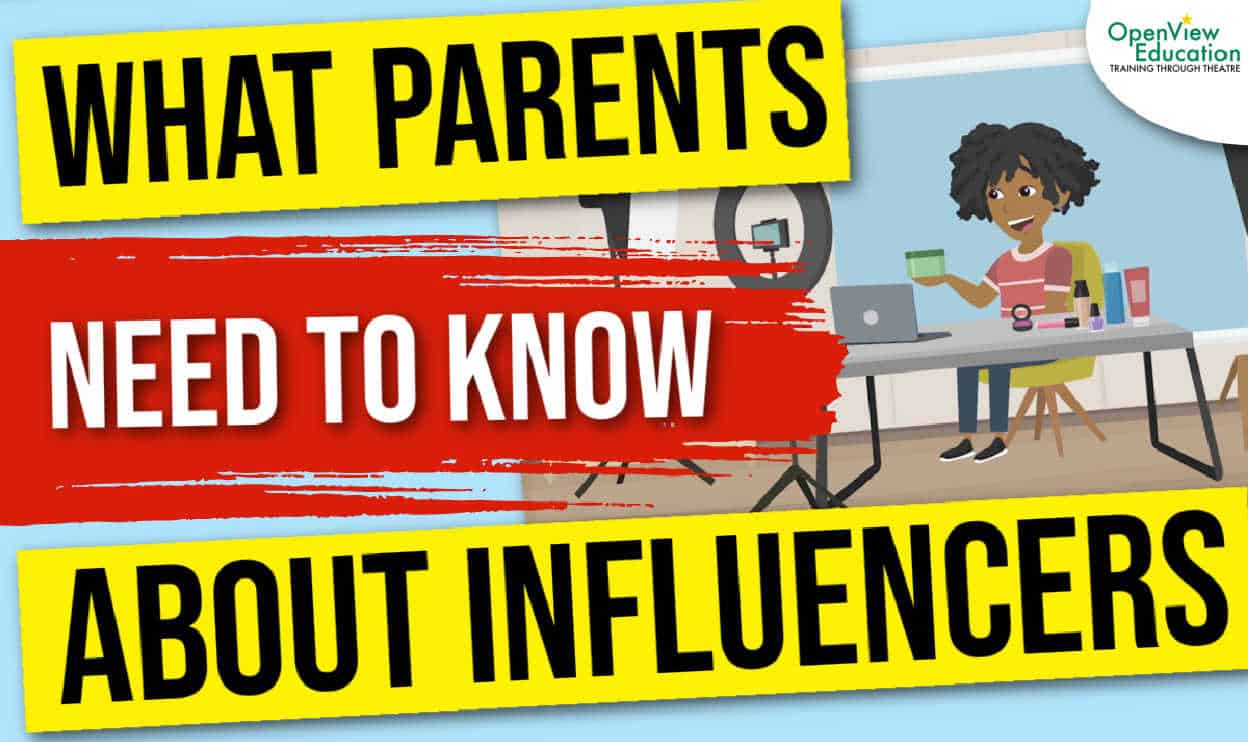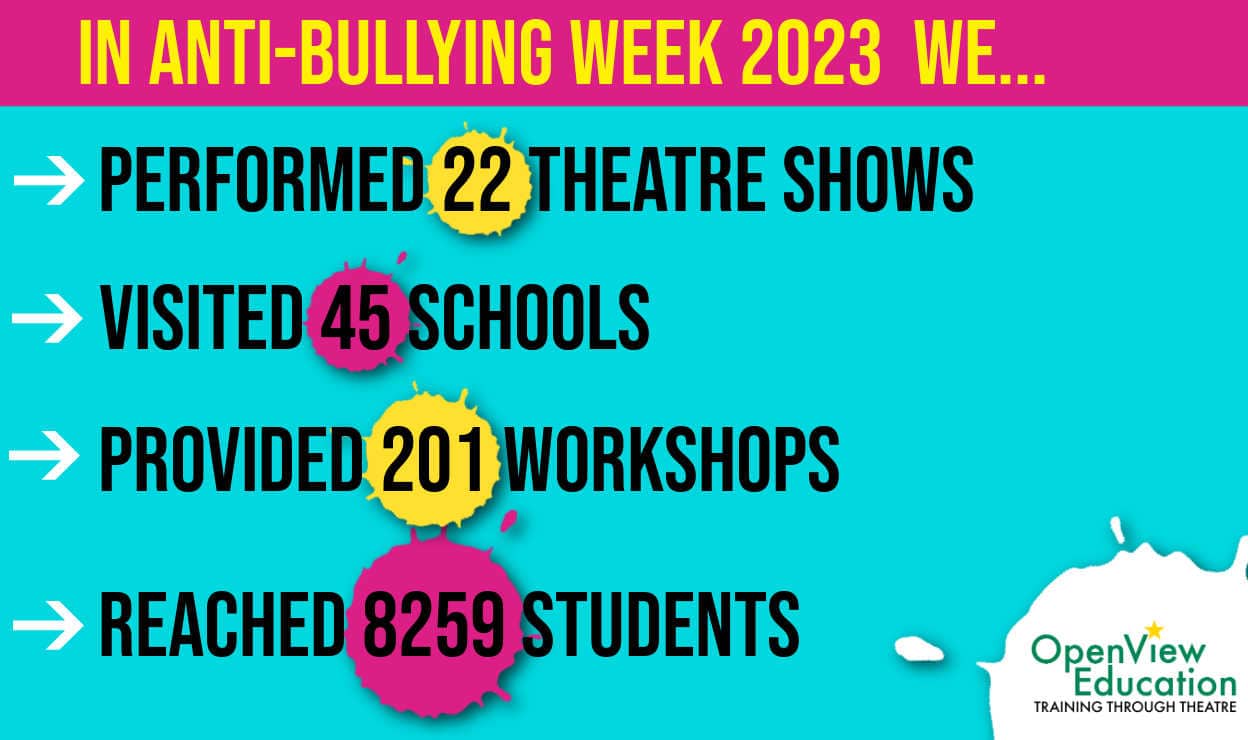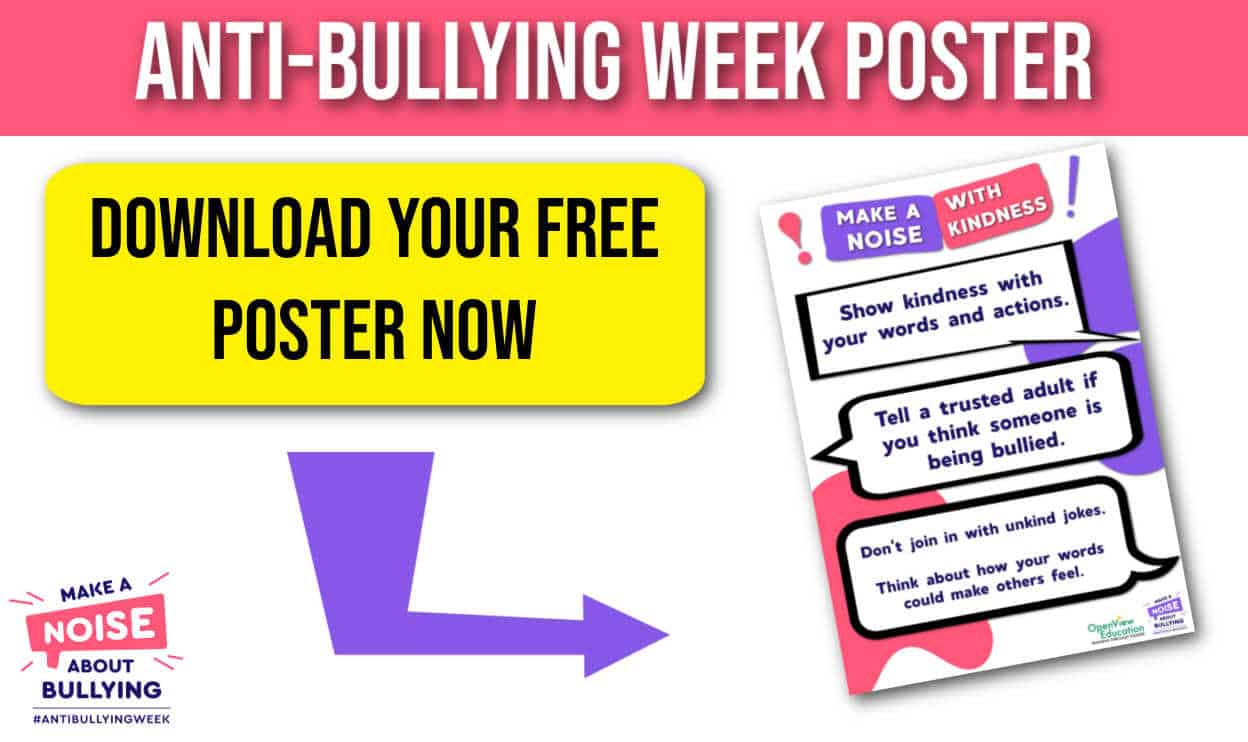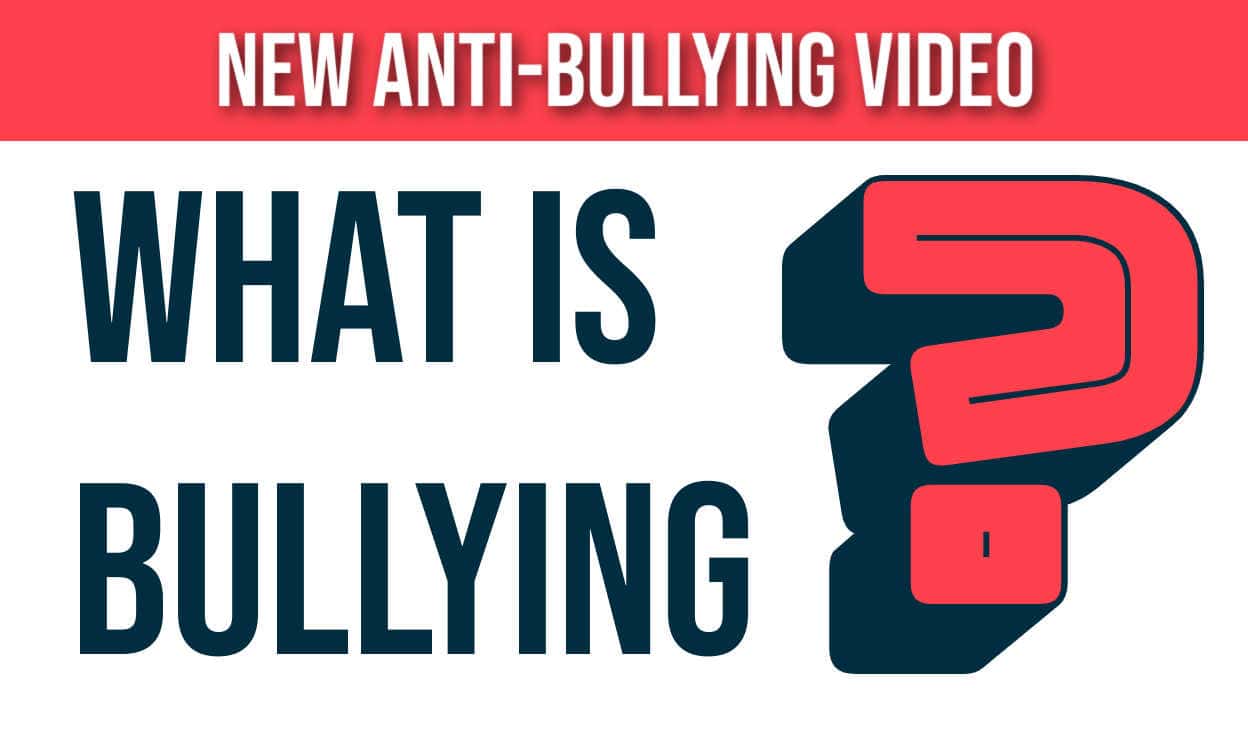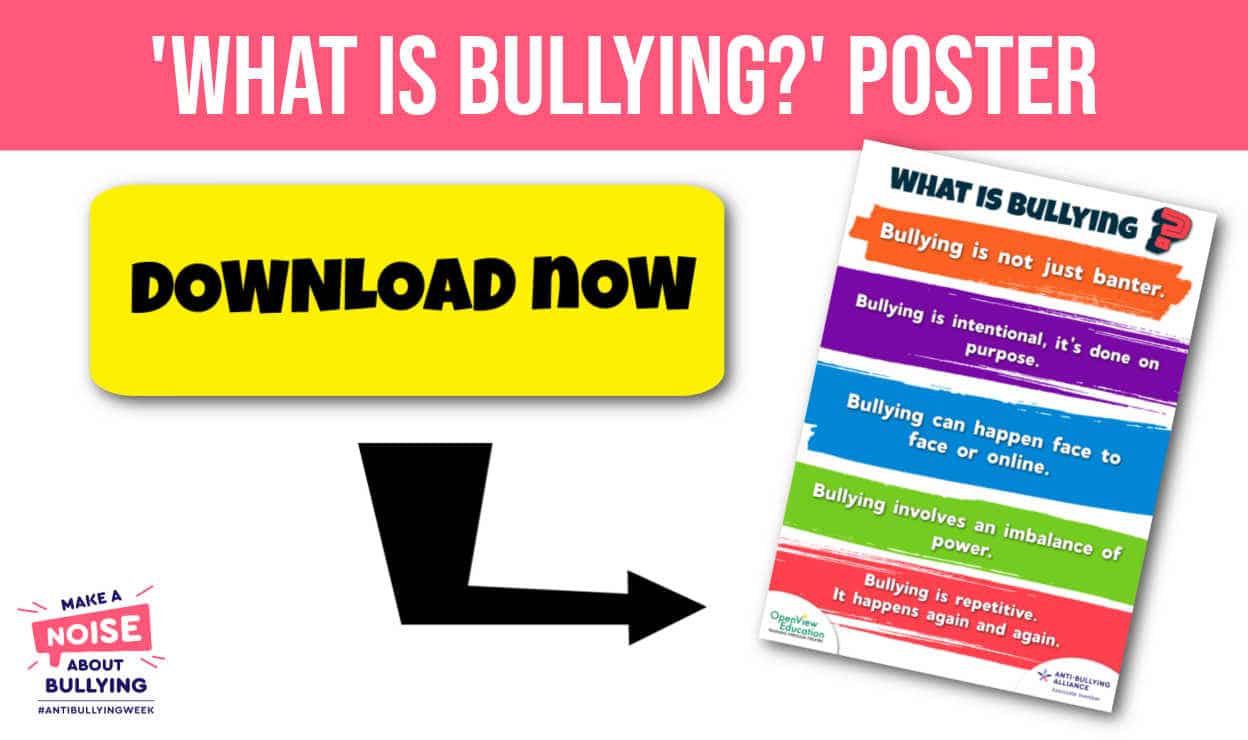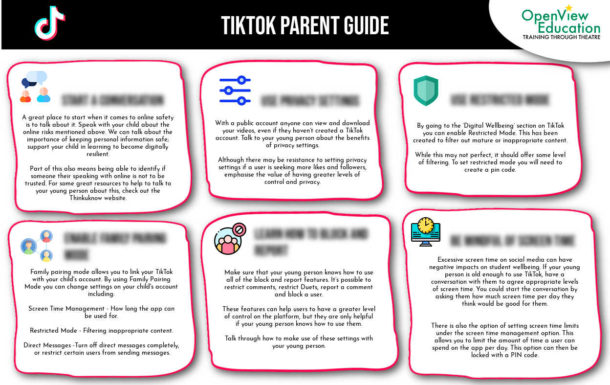How to deal with Cyberbullying
Cyberbullying is now something that many young people are facing. But what is Cyberbullying? And what can we do if Cyberbullying happens to us? Here’s what you need to know.
Cyberbullying is bullying that takes place online or via mobile phones.
Bullying is defined as: ‘The repetitive, intentional hurting of one person or a group, it can happen face to face or online. It usually involves a power imbalance.’
Cyberbullying can take place in many different ways, including:
– Sending unkind messages to someone.
– Posting pictures of someone online without their permission.
– Making an ill-intentioned page about someone.
– Pretending to be someone else online.
– Sending upsetting content to someone online.
Bullying can take place in many different forms, and with the likes of Instagram, Snapchat and Twitter now being at the forefront of many young people’s lives, it’s important that we know how to stay safe online.
So if you, or anyone you know is experiencing Cyberbullying, you can follow our steps below:
The Four S’s: Simple steps to help with Cyberbullying.
1. Stop
Don’t respond to upsetting or hurtful messages, posts about you, or images about you online. If you respond, things may start to escalate and get worse. Don’t get dragged into the situation by responding. That way, when the Cyberbullying is investigated, you will be able to show that you weren’t involved.
2. Save It
Even if it’s upsetting, don’t delete any forms of Cyberbullying. Make sure you save everything, and keep a log of the date, time, and details of each incident. That way you will have evidence when you show it to someone.
3. Show It
Show it to an adult you trust, this might be: A parent, carer, teacher, or family member. You should always tell someone if you are being bullied in any manner, so that they can be there for you, and ensure you get the necessary help. Even if you find it difficult, telling someone is the right thing to do.
4. Support
If you know that someone has been the victim of Cyberbullying, offer them support and don’t join in with unkind behaviour that may be taking place online, or in person. And remember, you always have a choice, you can choose to treat others with respect.
The internet is a fantastic resource, and it should also be used in the right way. So we have a rule for safe internet usage, and that is: Anything that wouldn’t be okay to do or say face to face, is not okay online.
And if you ever see a post, image, or message about someone else online, don’t ask yourself: ‘Is that funny?’ Ask yourself: ‘Is it hurtful or upsetting, how would it make that person feel?’
Remember to speak up if you ever see or experience Cyberbullying.
